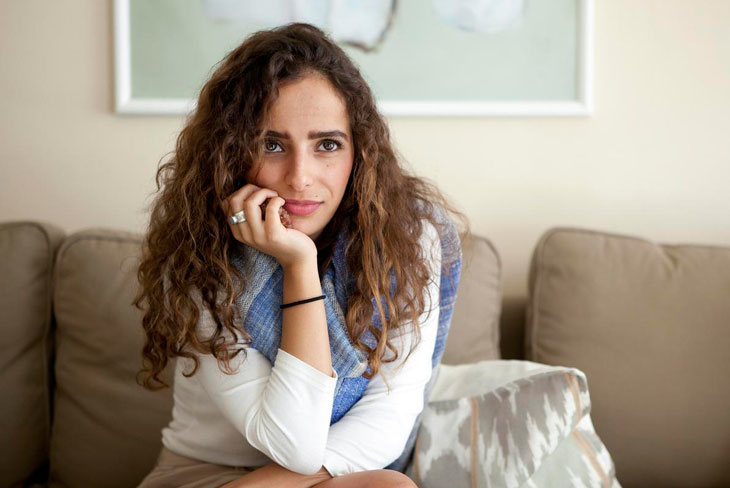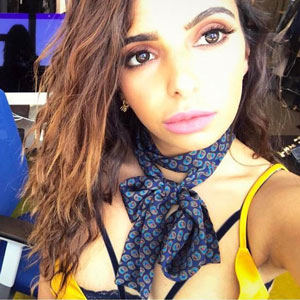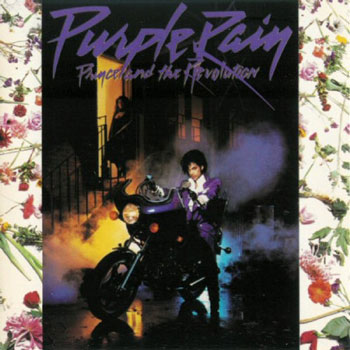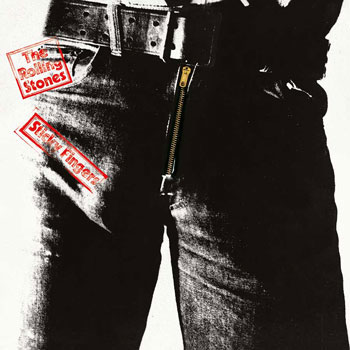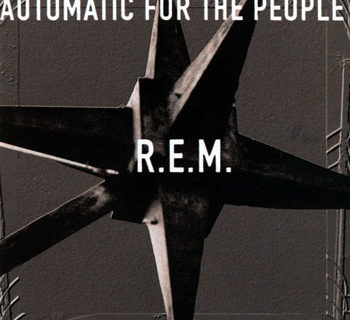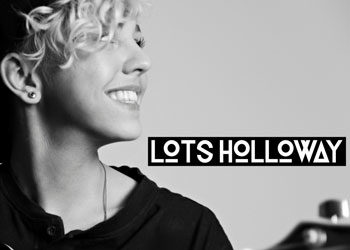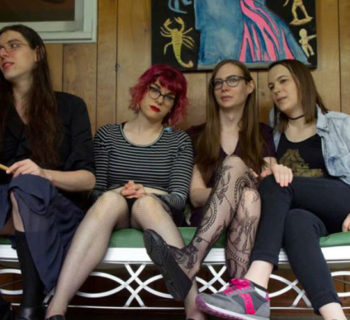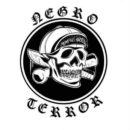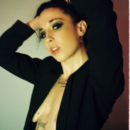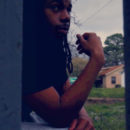7 questions with Saudi Singer-Songwriter and Women’s Rights Warrior Rotana Tarabzouni
Known simply as "Rotana," Saudi-born singer-songwriter Rotana Tarabzouni came to California to study and ended up launching a music career, an impossible feat in her home country, where women face tremendous opposition for singing unveiled in public.
In 2013 Rotana created a music video to bring attention to the Women's Driving Campaign in Saudi Arabia (a challenge to the government's refusal to grant driver's licenses to women), which earned her both praise and death threats.
Today, she presses on, more certain than ever she's chosen the right path, with a new song and video, "The Cure," and performances around the world to come.
Rotana was kind enough to speak with Rawckus about her musical career, finding her voice, standing up to “Daddy,” and starring in the first feature film to be licensed by the Saudi government.
Rawckus: What made you choose music as a career, despite the obstacles you faced?
Rotana Tarabzouni: I was choosing myself more than I was choosing a career. I'd just graduated from college and gone back home to Saudi Arabia to work for an oil company, where I was killing it; I was on the fast track to executive management and had no competitors– but I was depressed. It hit me: I have no idea who I am. What do I believe in? Is this ecosystem really what I choose?
With this depression I began thinking of music, a thought that had never existed before. I'd always written essays and sung in private on my own but knew nothing about music or being an artist.
All I knew was that it was the first time in my life that I'd heard myself. This “inner voice” stuff I used to think was such bullshit was tugging at me so strongly. It was bigger than music; it was me following me for the first time in my life.
Tell us about your musical training.
RT: I'd moved to Los Angeles having never received a single voice lesson, written a song, or done anything, really. I came here so raw. But I've always been a storyteller. I've always known and understood how to reach into someone’s insides and make them feel, even if I was giving a presentation about oil. There's a story everywhere.
When I moved here I immediately began writing, performing, and recording as much as I could. It was amazing; the most incredible teachers and musicians gravitated towards me and gave me their time. They taught me because they saw something in me and believed I had a story to tell.
What was the most mesmerizing musical experience of your life?
RT: I was nine years old and listening to Alanis Morissette’s Jagged Little Pill, and I remember how empowered I felt, even as a kid. She felt like permission–permission to be explosive and raw and angsty. These are things I'd never felt from a woman, especially as a girl in Saudi Arabia. I was mesmerized.
What's the story behind your song "Daddy?"
RT: It’s a declaration of power for me, like a note to self and anyone who thinks they can dilute who I am.
"Daddy" is the oppressor. The bully. "Daddy" is anybody that requires you to dilute yourself to make them feel more comfortable. "Daddy" is societal boundaries and cultural restrictions. "Daddy" is the obsession with celebrity and wealth. Most of all, "Daddy" is the voice in your head that tells you you can't.
This song is the moment you step into your power. In that moment you're not scared. It's all heat and whachugondo, Daddy? In that moment you're fully, sensually, unapologetically you. Let Daddy deal.
What's more hurtful to you, the hate messages you've received from the Middle East or the rising racism emerging in the USA?
RT: Neither hurt. I understand it and understand my job towards it as an artist. It’s my job to tell honest stories and wake up parts of people that they may not be ready to meet. They may not like me for that, but they're alive and feeling. It's awesome.
You've said that you feel compelled to return to Saudi Arabia in order to promote the freedom of women there, but what do you think is your place now in Trump's America?
RT: My place is as a storyteller who has a lens very few have. It’s a story and palette this world is hungry for.
Please tell us about your current and upcoming projects.
RT: I just released my second single “The Cure” and debuted my full project at The 2017 Sundance Film Festival, “A Celebration of Music and Film" concert along with Common, Andra Day, Jim James, Hunter Hayes, Peter Dinklage, Ava DuVernay, and more.
I have shows coming up in Abu Dhabi and Paris, as well as U.S. dates. (You can find all that info on my social @iamrotana) and will be playing the lead in the upcoming independent foreign film My Driver and I, written and directed by Saudi filmmaker Ahd Kamel. My Driver and I is the first feature film to be licensed by the Saudi government.

